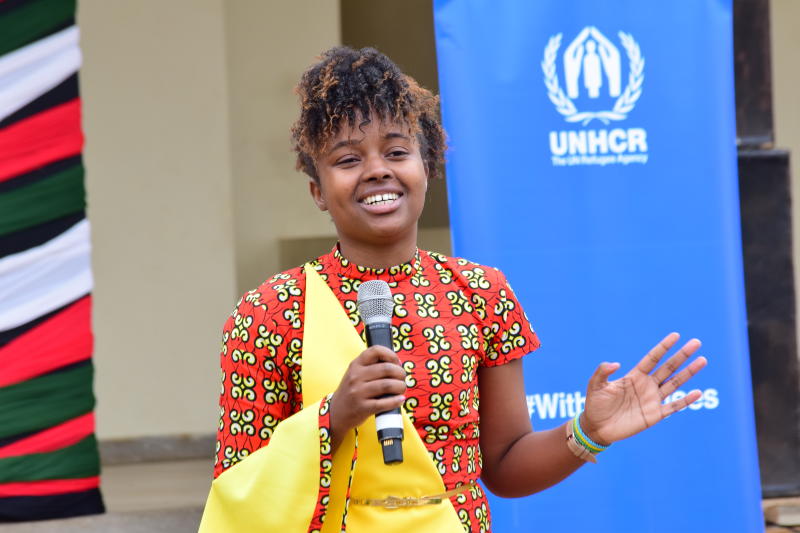×
The Standard e-Paper
Smart Minds Choose Us

Behind every refugee there’s a name, a story and a person. We may have changed countries, but we are still the same people. We may be unable to go back to our countries of origin because of fear of persecution or ongoing war and crises. Mothers, fathers, brothers, sisters, doctors, teachers – we all have names and identities that go far beyond “refugee”, but too often we’re just seen as a faceless influx.
Not a nickname